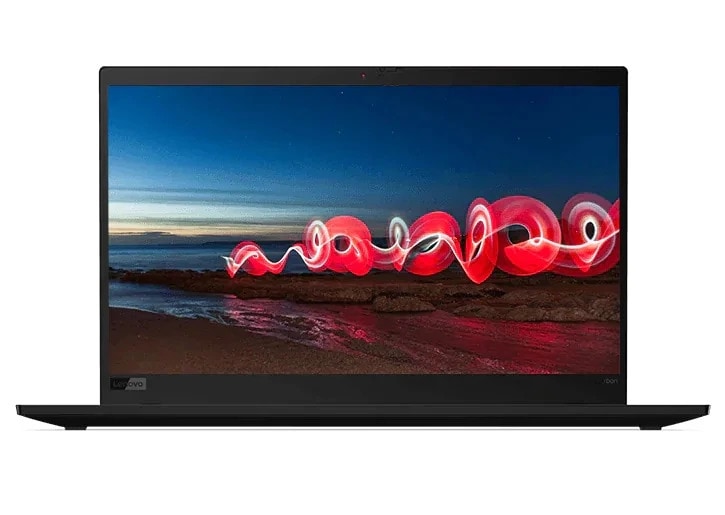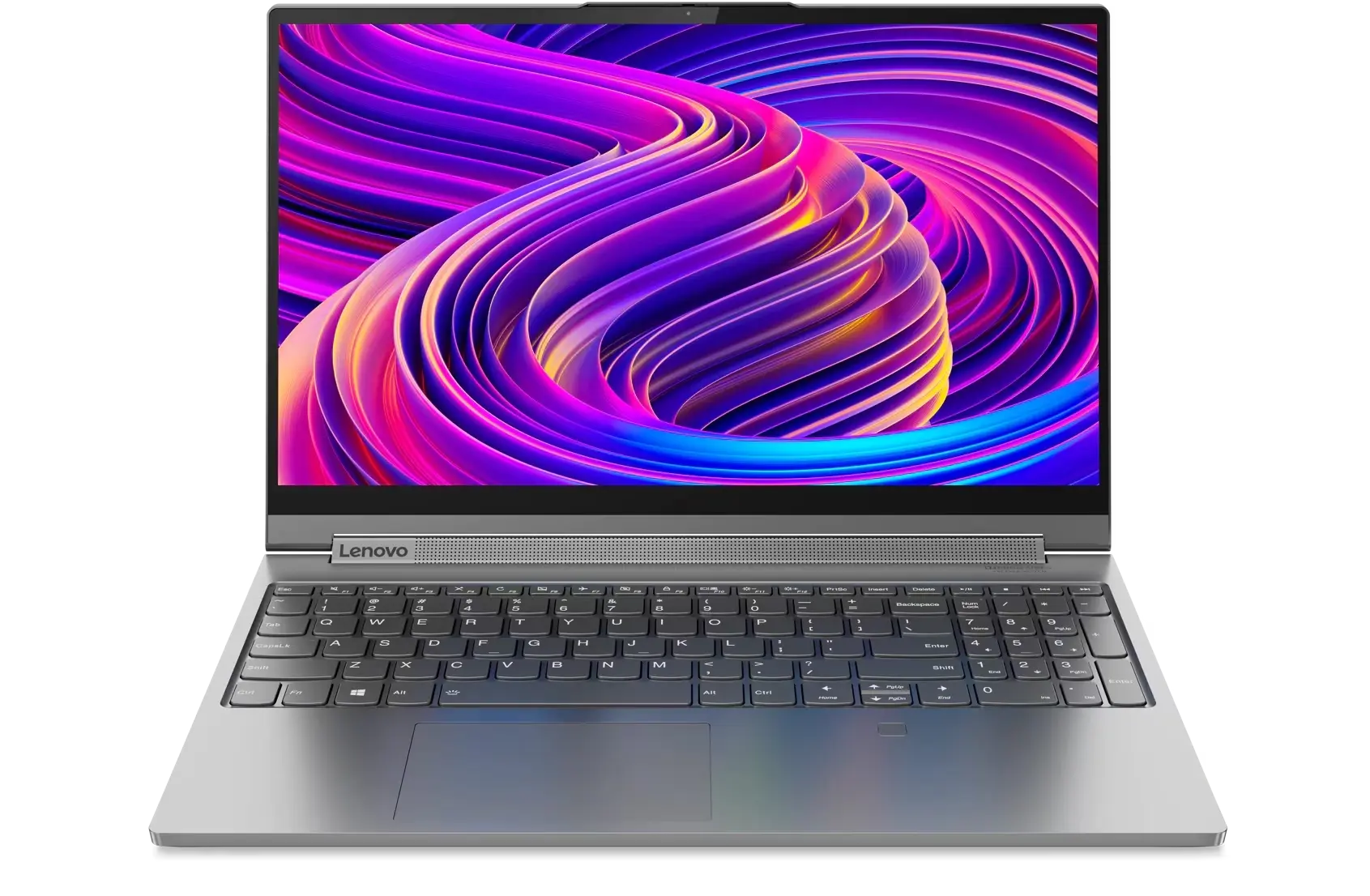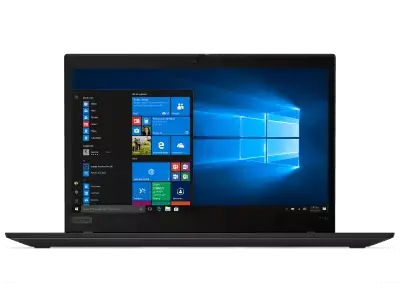-
Laptop DealsLimited Time Deals New Arrivals EDU Students Deals Home PC Deals Gaming Deals Best Desktop Choices
-
Other DealsThinkPad Deals ThinkBook Deals Gift Redemptions Trade In Credit Card Promotions Join Lenovo Pro Referral Program to get 10% off
-
Espot Path:
/espotdirctory/hk-pc-eshop-espot1
-
Espot Path:
/espotdirctory/hk-pc-eshop-espot2
-
Espot Path:
/espotdirctory/hk-pc-gaming-espot3/start-2023-01-22
-
Lenovo Pro Business Store
Lenovo Pro Business Store
|
-
Lenovo Education Store
Lenovo Education Store
|
-

 Referral Program
Referral ProgramLenovo Concept Experience Store
Address: G21 shop, Parklane Shopper’s Boulevard, Tsim Sha Tsui, Hong Kong
Opening Hours: 11am - 8pm daily incl. public holiday
Tel: +852 2783 9500
Whatsapp: 6995 9610Lenovo Official Brand Store (Causeway Bay)
Address: 1/F, 36 Jardine’s Bazaar, Causeway Bay, Hong Kong
Opening Hours:10am - 8pm daily incl. public holiday
Tel: +852 2592 9822
Whatsapp:9159 1107 -

 Contact Us
Contact Us -

 Account
Account -

 cart
cart -

 Wishlist
Wishlist
-
Lenovo Pro Business Store
Lenovo Pro Business Store
|
-
Lenovo Education Store
Lenovo Education Store
|
-

 Referral Program
Referral ProgramLenovo Concept Experience Store
Address: G21 shop, Parklane Shopper’s Boulevard, Tsim Sha Tsui, Hong Kong
Opening Hours: 11am - 8pm daily incl. public holiday
Tel: +852 2783 9500
Whatsapp: 6995 9610Lenovo Official Brand Store (Causeway Bay)
Address: 1/F, 36 Jardine’s Bazaar, Causeway Bay, Hong Kong
Opening Hours:10am - 8pm daily incl. public holiday
Tel: +852 2592 9822
Whatsapp:9159 1107 -

 Contact Us
Contact Us -

 Account
Account -

 cart
cart -

 Wishlist
Wishlist
-
Lenovo Education StoreLenovo Education Store
|
-
Lenovo Pro Business StoreLenovo Pro Business Store
|
-

 Referral Program
Referral ProgramLenovo Concept Experience Store
Address: G21 shop, Parklane Shopper’s Boulevard, Tsim Sha Tsui, Hong Kong
Opening Hours: 11am - 8pm daily incl. public holiday
Tel: +852 2783 9500
Whatsapp: 6995 9610Lenovo Official Brand Store (Causeway Bay)
Address: 1/F, 36 Jardine’s Bazaar, Causeway Bay, Hong Kong
Opening Hours:10am - 8pm daily incl. public holiday
Tel: +852 2592 9822
Whatsapp:9159 1107 -

 Account
Account -

 cart
cart -

 Wishlist
Wishlist -

 Contact Us
Contact Us
-
Lenovo Pro Business Store
Lenovo Pro Business Store
|
-
Lenovo Education Store
Lenovo Education Store
|
-

 Referral Program
Referral ProgramLenovo Concept Experience Store
Address: G21 shop, Parklane Shopper’s Boulevard, Tsim Sha Tsui, Hong Kong
Opening Hours: 11am - 8pm daily incl. public holiday
Tel: +852 2783 9500
Whatsapp: 6995 9610Lenovo Official Brand Store (Causeway Bay)
Address: 1/F, 36 Jardine’s Bazaar, Causeway Bay, Hong Kong
Opening Hours:10am - 8pm daily incl. public holiday
Tel: +852 2592 9822
Whatsapp:9159 1107 -

 Contact Us
Contact Us -

 Account
Account -

 cart
cart -

 Wishlist
Wishlist
-
Lenovo Pro Business Store
Lenovo Pro Business Store
|
-
Lenovo Education Store
Lenovo Education Store
|
-

 Referral Program
Referral ProgramLenovo Concept Experience Store
Address: G21 shop, Parklane Shopper’s Boulevard, Tsim Sha Tsui, Hong Kong
Opening Hours: 11am - 8pm daily incl. public holiday
Tel: +852 2783 9500
Whatsapp: 6995 9610Lenovo Official Brand Store (Causeway Bay)
Address: 1/F, 36 Jardine’s Bazaar, Causeway Bay, Hong Kong
Opening Hours:10am - 8pm daily incl. public holiday
Tel: +852 2592 9822
Whatsapp:9159 1107 -

 Contact Us
Contact Us -

 Account
Account -

 cart
cart -

 Wishlist
Wishlist
Lenovo Pro Business Offer 20% OFF | Join us to get up to $6,000 Welcome Discount + Free Gift!
Back to School | Join Lenovo Education to enjoy up to 40% Discount for students & teachers. SheerID is applicable.
PC Up to 30% off | Selected models are on sale in stock, and the fastest delivery is 3 days! Free shipping site-wide, no minimum spend.
Need Help? Call 2593 0388 or Chat with us now! Contact Us
Year End Savings with NEW YEAR Sale! PCs up to 35% OFF!Top 10 popular ThinkPad models on extra sales!Add a monitor to your gaming computer and get an instant $800 discount!$1 add-on for Microsoft 365/ PC accessories! Shop Now
Why Invest in a Headset for PC Gaming?
Take a look around your home; we bet you’ll find a variety of earbuds. From the cheap ones you had to grab in an airport before your flight (who hasn’t forgotten theirs at least once?), to the decent ones that came with your smartphone, you probably have quite the collection. Maybe even a pair of Beats or Monster headphones for when you really want to get intimate with your tunes. So why would you ever need to spend more money on a PC gaming headset? Surely the ones you already have are good enough, right?
PC gaming brings with it a whole host of special considerations that simply don’t apply when listening casually (or even seriously) to music. Weight, ear type, materials, durability, and surround sound compatibility are all factors in your PC gaming headset decision, because they all play a part in giving you an edge while gaming. If those white plastic earbuds were designed for the occasional phone call and listening to MP3s, how can you expect them to keep up with an hours-long session of Overwatch?
The best PC gaming headsets are designed from the get-go for one purpose: To give you the high quality audio you need to respond quickly and accurately in-game, and communicate clearly with your fellow gamers, without pain or discomfort. If you’re a PC gamer (and we know you are), you need a PC gaming headset. It’s simply the right tool for the job.

What to Look for in a Headset for PC Gaming?
Let’s be honest. You’ll find many of the same features on PC gaming headsets, as you will on non-gaming headphones. Gaming headsets don’t have crazy, unique technology in them. Instead, it’s about how those similar features are implemented. What might be comfortable for a few hours of listening to music might start to hurt after a few hours of gaming. What might be outstanding for hi-fi stereo might be insufficient for surround sound.
Here are the specific features you want to look for in a PC gaming headset, and why they matter for gaming. Don’t worry if these sound like they’re going to jack up the price of a headset – you can still score a very good gaming headset for less than $50.
Comfort
It goes without saying that you want a PC gaming headset that’s comfortable. But comfort is personal, so it’s impossible to classify one headset as comfortable and another as uncomfortable. Instead, you should look for the features that will make a headset comfortable for you.
In general, lighter is better. It may be tempting to buy a gaming headset with a massive set of drivers in each ear, customizable LED lighting, and a big, padded headband, but if it weighs too much you’ll want to rip it off your head long before you’re ready to quit the game. Remember: This PC gaming headset is going to be on your head for as long as you’re playing. You wouldn’t wear high heels or dress shoes to go for four-hour trail hike… just sayin’.
Take a look at the ear cups. Are they designed to sit on the ear, just over the ear, or way over the ear? Each of these shapes will affect the comfort of the headset and you’ll probably much prefer one of them to the others. What are they made of? Tons of padding might look appealing, but if that padding is poorly made, or covered in a non-breathable material, it won’t be as comfortable after an hour as it is when you first put them on.
Is the headband fully adjustable to the size of your head? And once adjusted, will it stay put? Is it uniformly comfortable, without any pressure points? If the answer to any of these questions is no, you need to keep looking for another gaming headset.
Wired vs. Wireless
Just like keyboards and mice, when it comes to gaming, gamers have a strong preference for wired PC gaming headsets. Unlike mice and keyboards however, it doesn’t have as much to do with latency or lag time. Most wireless gaming headsets will be able to transmit sound fast enough. However, battery life, weight, sound quality, and price all become potential problem spots when considering a wireless headset for gaming.
The whole point of a wireless headset is to free you from wires that can get in the way. But if your rechargeable battery dies mid-game (easy enough to have happen if you forget to charge it) you’ll be right back to using a wire, or worse, you may have to leave the game while your batteries recharge. Those batteries will also add weight to your headset, and more weight can mean more fatigue after the minutes turn into hours.
Wireless gaming headsets typically use their own proprietary transmitter/receiver, not Bluetooth. This lets them support features like Dolby® Surround (some, not all headsets), but it’s not consistent – it may work on a PC, but not a Mac or gaming console. This may not be an ideal arrangement if you mostly game on a gaming laptop. You’ll still have to plug in a cord if you want to use the headset with a smartphone, unless you can find a wireless headset that is also equipped with Bluetooth.
Wireless PC gaming headsets used to cost way more than wired ones. These prices have come down in recent years, and the quality has improved, but they’re still expensive when compared to wired models.
Open vs. Closed Headsets
The audiophile headphone world continues to debate the merits of open or closed-back earpieces. Some say that open back designs offer a more natural sound, letting the air move in all directions. Others say the opposite. In a gaming headset context, there are advantages to each approach.
An open-back headset lets you keep a level of awareness of what’s going on in the room around you. Does a parent, sibling or roommate often need to get your attention? Open headsets let some of that external sound in, without completely compromising your game audio. Open designs also breathe better, reducing temperature build-up and the discomfort of sweating.
Closed designs are best when you’re in an especially noisy environment (gaming tournaments come to mind) and you need to concentrate your focus on what’s happening on-screen. These gaming headsets are for those who value a purity of sound – especially directional surround sound – above everything else. A closed earpiece will trap heat and moisture more however, so if you tend to get bothered by either of these things, you’ll have to weigh the sound benefits of closed headsets with the comfort of open models.
Microphones
It’s easy to forget about the microphone on a PC gaming headset. After all, you don’t really have to listen to yourself, so how your voice sounds takes second place to how everything else sounds. But if you think about how the other players sound to you when they speak, you quickly realize you do have a preference.
Unidirectional mics are much better at isolating your voice from outside sounds, than omnidirectional designs. Some headsets incorporate a bidirectional design, which makes noise-cancelling circuitry possible. You’ll want to mute the mic now and then, so make sure you like the way muting works. Some headsets use a button on the mic’s earcup, while others engaging muting when you swing the mic boom up and away from your mouth.
Some models have a retractable mic design, which is a serious consideration if you plan to use your gaming headset for other listening activities. Let’s face it; walking around with a boom mic pointed at the clouds isn’t the best look.
Surround Sound
If you’re a FPS fan and mostly plan to use your PC gaming headset with games like Call of Duty, PUBG, or Overwatch, a headset that can support full 7.1 surround is a must. These games are an assault on the senses, and if you can’t hear what’s going on behind you, or to the sides, you could end up dead before you can say “what the –.”
Look for models that pack a lot of drivers into each earcup. Each driver will have a slightly different angle. The more drivers, and the more angles, the more precise the surround effect will be. If you’re not into first person shooters, surround sound is still awesome, especially if you watch Blu-ray movies using your headset, but it’s not going to give you a competitive advantage.
Durability/Build Quality
Needless to say, if you’re going to invest in a PC gaming headset, you want one that will last. This mostly comes down to avoiding the very cheapest headsets on the market, as they are the most likely to suffer from poor build quality and highly breakable materials. But don’t forget, some models are built like tanks for your head. They’re nearly indestructible, which can also mean heavier materials and thus more fatigue/discomfort. Once again, it’s about finding a balance.
This is one place where customer reviews can really help. Look for complaints (or compliments) about quality, durability, and workmanship – all indicators of possible problems. Sometimes it’s a little thing, like a headband that gradually loses its ability to hold a size setting, but little things can be just as annoying as big things, over time.
Shop Lenovo Gaming Headsets & Accessories
We’ve assembled a truly outstanding set of gaming accessories on Lenovo.com and you should take a cruise through our gaming headsets section before you buy. You’ll not only find Lenovo-built gaming headsets like the Lenovo Legion Stereo Headset– a quality gaming headset with a retractable mic, at an unbeatable price – but also a range of hand-picked models from Logitech and Razer.
If you’re looking for a no-holds-barred surround sound PC gaming headset, the Razer Tiamat 7.1 V2 is a 10-driver tour de force with an independent sound control panel and RGB backlighting. While you’re there, make sure to check out our other gaming gear, like our gaming keyboards, and gaming mice.
Great gaming is a feast for the senses. Make sure you give your ears what they’ve been wishing for! Game on!



The product/accessories photo is for reference only
Above machine specification information is for reference only and it refers to the highest configuration which the machine is compatible with, yet some specific configuration or related accessories may not available in Hong Kong due to reasons includes but not limited to hardware supply limitation, country (local market) regulation and so on. Please refer to the specific model description for configuration detail before you place order.
Actual battery life may vary depending on application usage, settings, features or tasks selected, network configuration, operating temperature and many other factors.
Limits: Lenovo reserves the right to limit the number of units to a particular product that a customer may buy at any one time.
Availability: Offers, prices, specifications and availability may change without notice. Lenovo is not responsible for photographic or typographic errors.
General System Information: Review key information provided by Microsoft that may apply to your system purchase, including details on Windows 10, Windows 8, Windows 7, and potential upgrades/downgrades. Lenovo makes no representation or warranty regarding third-party products or services.
Pricing: Does not include shipping and handling fees. Reseller prices may vary. Savings referenced off regular Lenovo web prices.
Warranty Service: The Service delivery will be determined by the destination country/region subject to Service capabilities and parts availability in the destination country/region.
Lenovo makes no representation or warranty regarding third party products or services. The Lenovo Limited Warranty applies only to Lenovo hardware products purchased for your own use, and does not transfer upon resale.
Trademarks: Lenovo, ThinkPad, ThinkCentre and the Lenovo logo are trademarks of Lenovo. Microsoft, Windows, Windows NT, and the Windows logo are trademarks of Microsoft Corporation. Ultrabook, Celeron, Celeron Inside, Core Inside, Intel, Intel Logo, Intel Atom, Intel Atom Inside, Intel Core, Intel Inside, Intel Inside Logo, Intel vPro, Itanium, Itanium Inside, Pentium, Pentium Inside, vPro Inside, Xeon, Xeon Phi, Xeon Inside and Intel Optane are trademarks of Intel Corporation or its subsidiaries in the U.S. and/or other countries. Other company, product or service names may be trademarks or service marks of others.
An estimated ship date will be posted on our order status site after your order is placed. The date reflected above does not determine when your order will ship since inventory status may change before your order is final and because items may be held until all products on the order are ready to ship. To obtain the latest information about the availability of a specific part number, please call the phone number listed in the masthead at the top of this page. A flat charge for shipping & handling may apply for certain orders, as indicated on the Checkout page.























